Altering one’s lifestyle to limit waste is by no means an easy life practice, according to Ron Whyte.
Whyte, project coordinator of the Mural Arts Philadelphia program Trash Academy, says the difficulty comes from an oversaturation of consumer culture.
“We live in a system of extraction, production and consumption, and waste comes at the end of it,” Whyte says. “We’re so used to these products, we’re so used to the things that they’re giving us. It’s gonna take some self-control and exploring alternative systems to live differently. It’s gonna be uncomfortable and difficult.”
Individuals choose to take back power by reducing their consumption of products that produce waste.
“It’s a system that doesn’t function unless all the parts are working together,” says Whyte. Without consumers buying into the system, the endless cycle of extraction, production, consumption and waste could no longer continue.
Whyte’s work with Trash Academy is all about helping individuals rethink the way they participate in consumer culture and waste production.
Whyte employs educational games, webinars, artistic billboards and more to teach individuals about recycling, composting, sorting trash and using reusable bags. By engaging people in exciting activities, he hopes to make sustainable habits more accessible and fun.
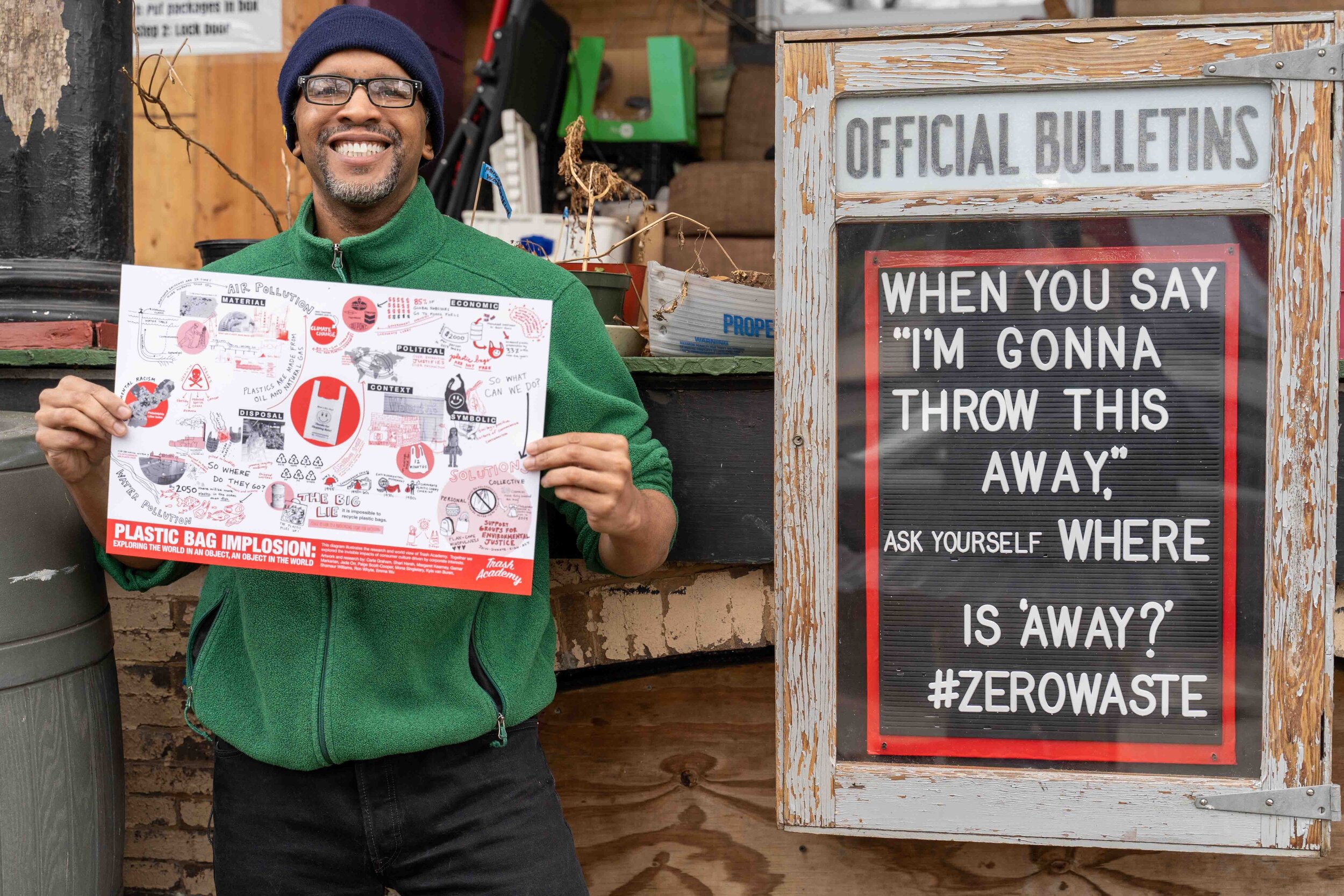
It isn’t only consumers in Philadelphia who are making dramatic shifts in the way their lives are lived; businesses, too, are rethinking the way they produce and sell products and services. Many of them are turning to environmental consultant Alisa Shargorodsky for help.
According to Shargorodsky, the current marketplace does not always give people the opportunity to do the right thing and purchase sustainably. Without options, there is no hope for changing wasteful habits.
“We’re not going to see widespread change until we create alternatives that are going to be as convenient or nearly as convenient for people,” she says. “We need to create alternatives in the marketplace that are just as accessible.”
By working in tandem with businesses to create new, waste-free processes, she hopes to give more people the opportunity to make an impact.
Shargorodsky’s company, ECHO Systems, consults businesses and organizations to help them shift toward less wasteful ways of operating and selling. Through education, Shargorodsky hopes to stop waste from its source, limiting companies’ expenditures on single-use products and helping them become responsible stewards of their resources.
Though ECHO Systems is currently focused on education and consulting, in upcoming years the business model will expand to include other services. They hope to begin a local member program that will make reusable containers available at food service establishments. They also plan to sell zero-waste kits of household products—like cleaners and shampoos—packaged in reusable containers that can be returned to ECHO after they are emptied.
“It’s gonna take some self-control and exploring alternative systems to live differently. It’s gonna be uncomfortable and difficult.” —Ron Whyte
Items offered at ECHO Systems and other zero-waste companies in Philadelphia center around helping consumers make personal, individual choices that limit the waste they produce. But according to West Philadelphia resident Aminata Sandra Calhoun, making sustainable-purchasing decisions is only the beginning of living zero-waste.
Calhoun believes that being fully zero-waste involves creating a healthy living environment in one’s entire community, not just one’s own house. To do so, individuals must begin cleaning up the waste left behind by others.
Calhoun regularly cleans and delitters her block from gutter to curb—four times a week during warmer seasons and twice a week as the weather gets colder. She also leads community-wide, zero-waste cleaning efforts to clear out areas that often collect trash.
Just a few weeks ago, Calhoun began a new position as director of sanitation and environmental programs with Centennial Parkside Community Development Corporation. Calhoun decided to spend the first month of her new job outside with the workers on the street collecting trash. She describes being overwhelmed by the waste she witnessed proliferating in communities.
“I honestly had to fight back tears,” she says. “To see the magnitude of the trash, the litter, the toxins. And all I could say was, ‘How could people live in this and be complacent and be comfortable?’”
Calhoun sees waste in communities as detrimental to residents’ mental health and wellbeing. She has experienced it all first hand, and terms her own experience: “Environmental Distraught Depression.”
Though it is certainly an overwhelming emotion, Calhoun explains that Environmental Distraught Depression is what drives her to advocate for less wasteful living.
Calhoun has begun planning a new education campaign with Centennial Parkside CDC that will raise awareness to the negative effects of litter on the community. By encouraging community members to throw away and recycle waste properly, Calhoun hopes to help more people live in a mindful way.
A lack of mindfulness is the main barrier to individuals making the choice to limit their waste, according to all three. Often, people either don’t know or just don’t care about the impact of their trash. Without a basic mindfulness to the harmful impact of plastics, litter and toxins on our lives and our environment, individuals have no reason to change the way they live.
Through education and advocacy, Whyte, Shargorodsky and Calhoun hope to encourage others to take on the challenge of limiting the waste they produce. Every day they teach people, businesses and communities that living sustainably can lead to healthier, happier lives.
As a mindful outlook on waste grows across Philadelphia, more people are coming together to impact communities, systems and the planet. Thanks to its advocates, zero-waste living is growing, and more people are being empowered to make a difference by choosing to be mindful in their habits and intentional in their daily lives.



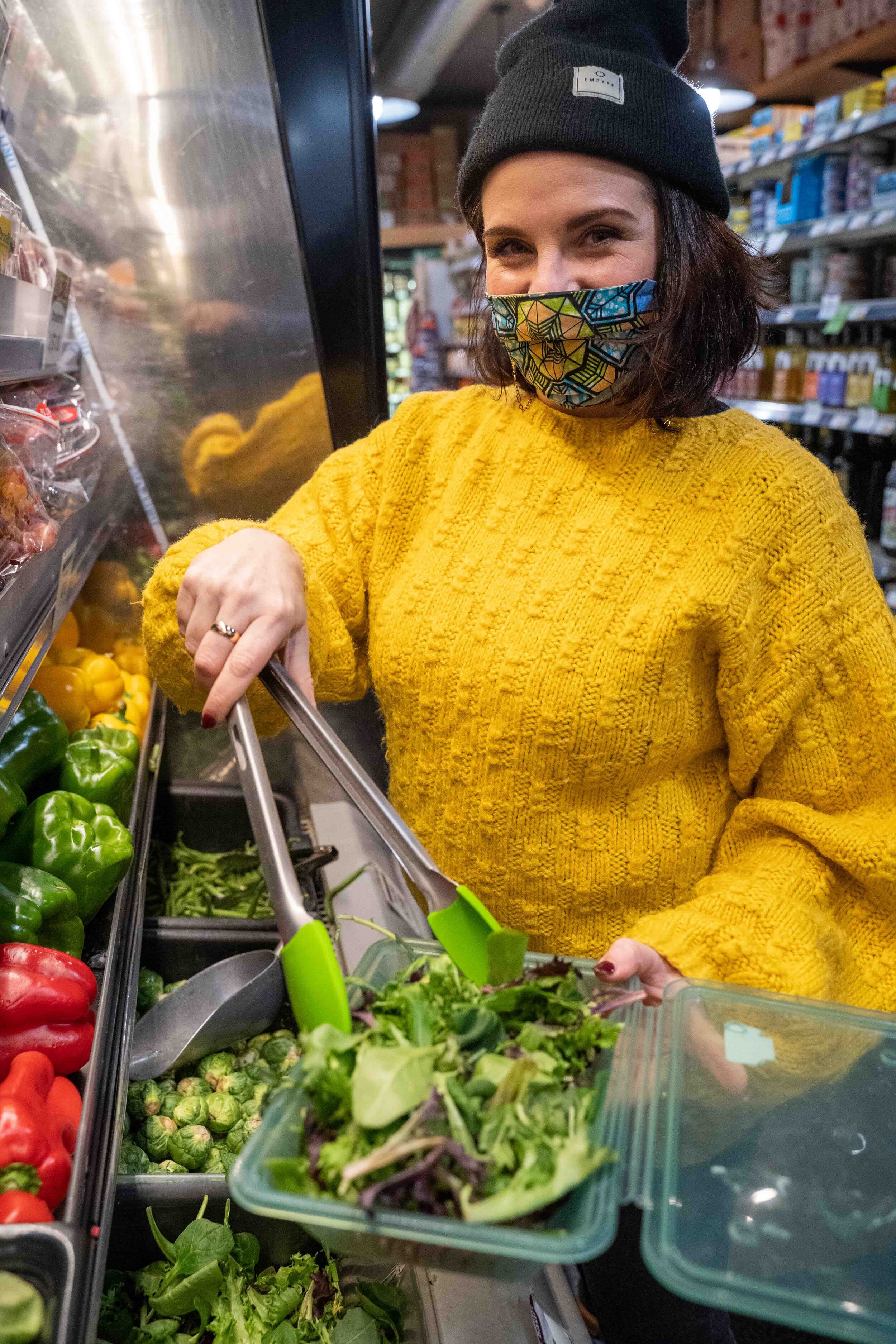
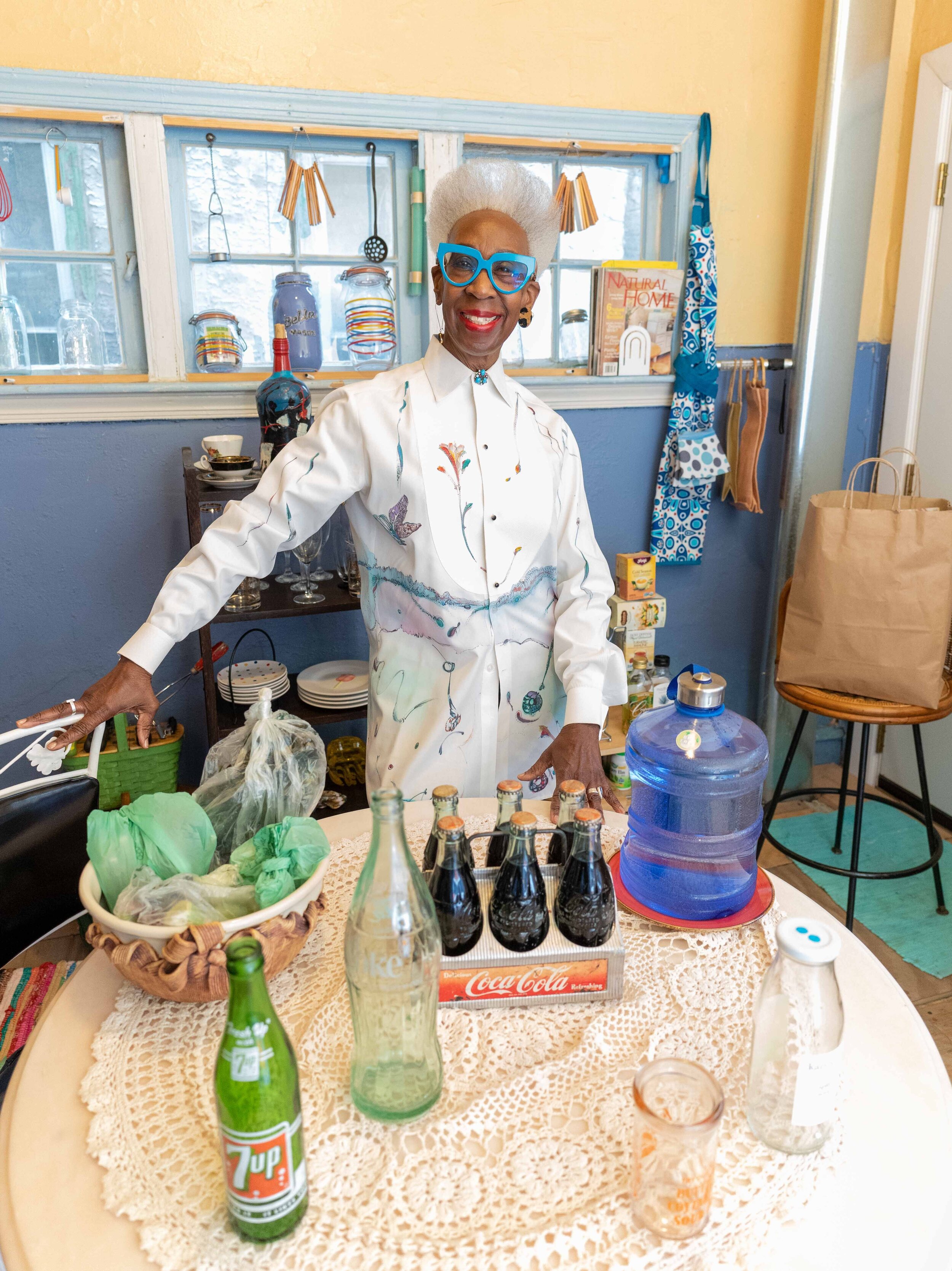
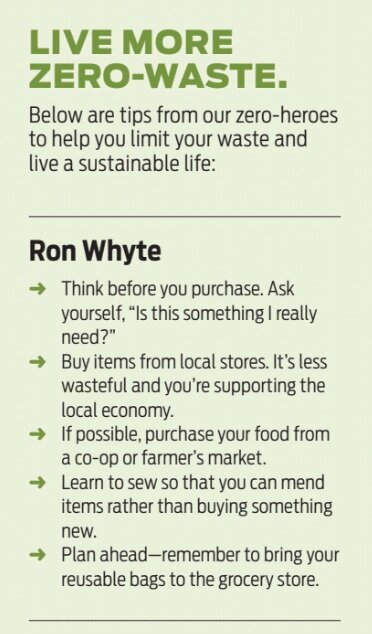
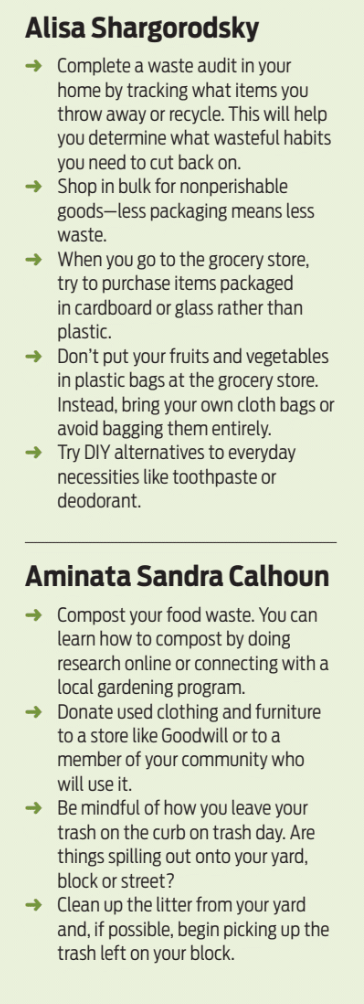

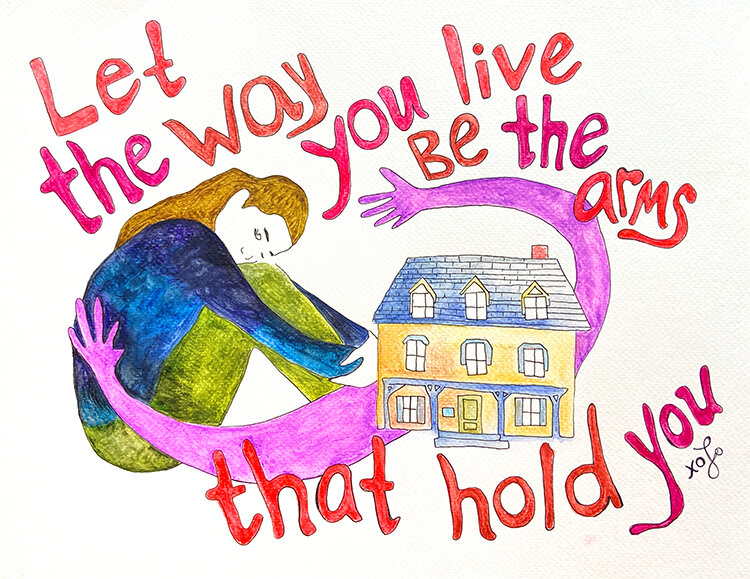
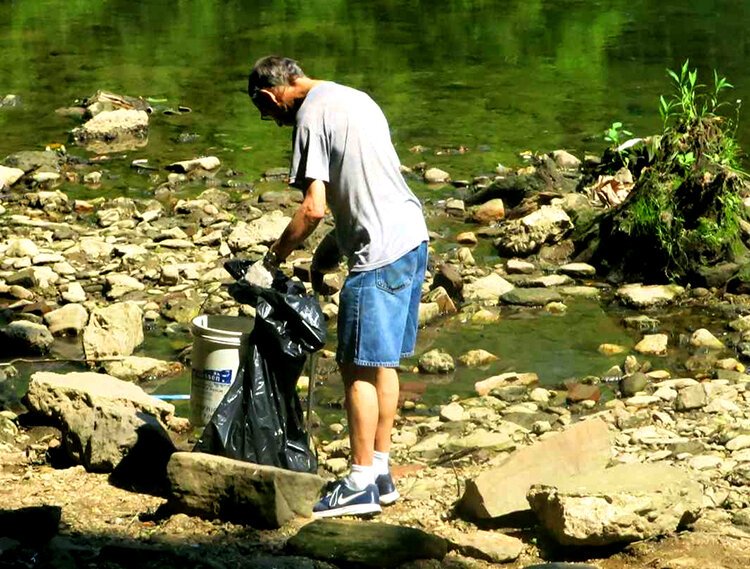
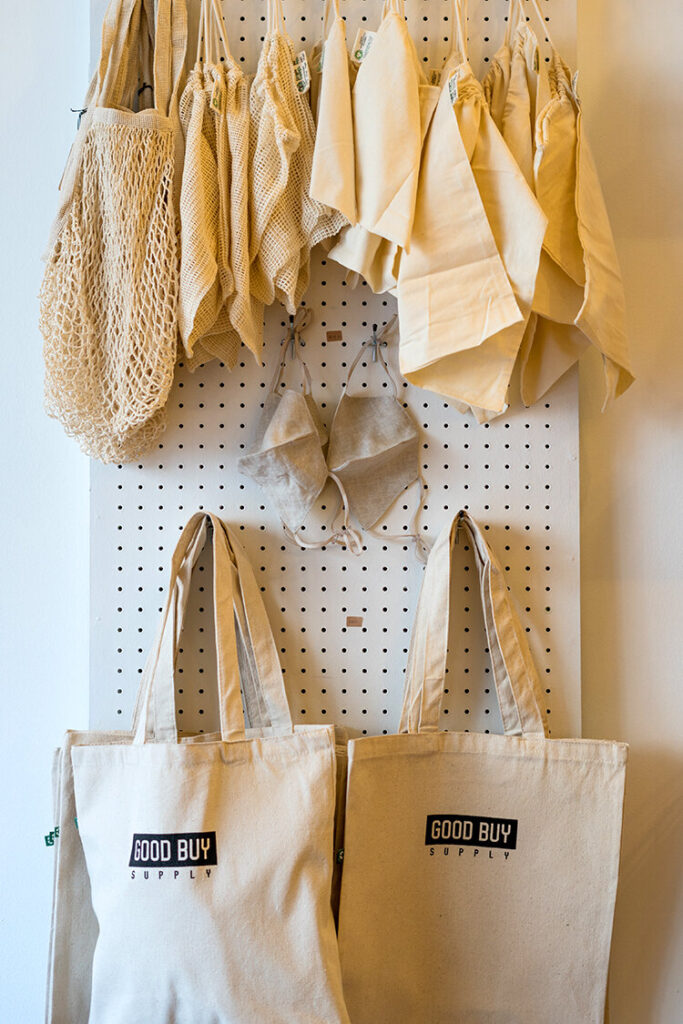
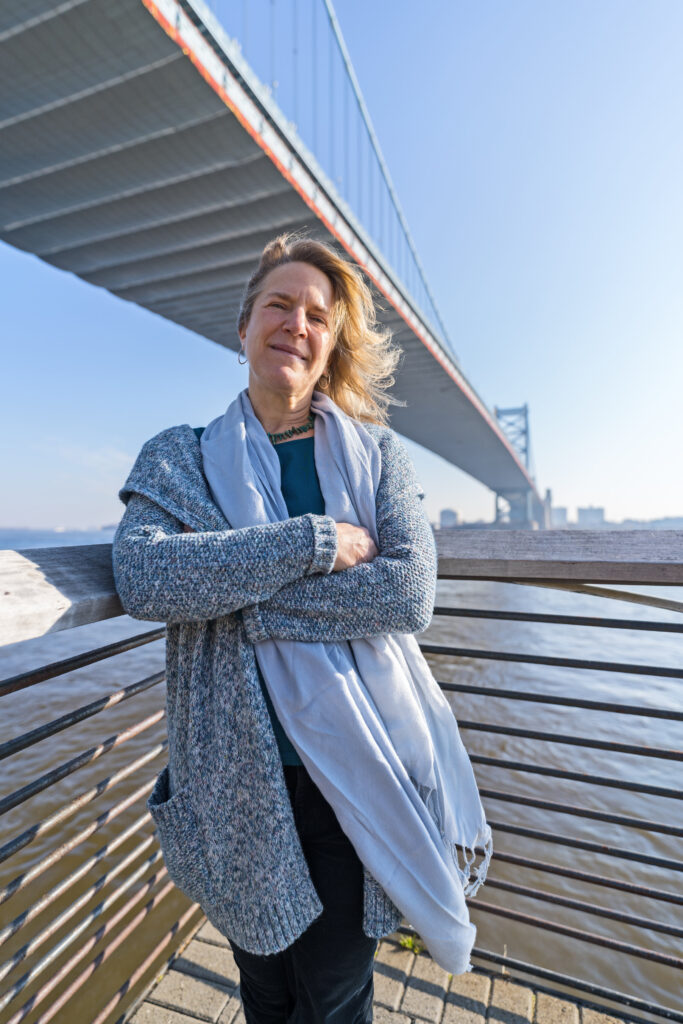
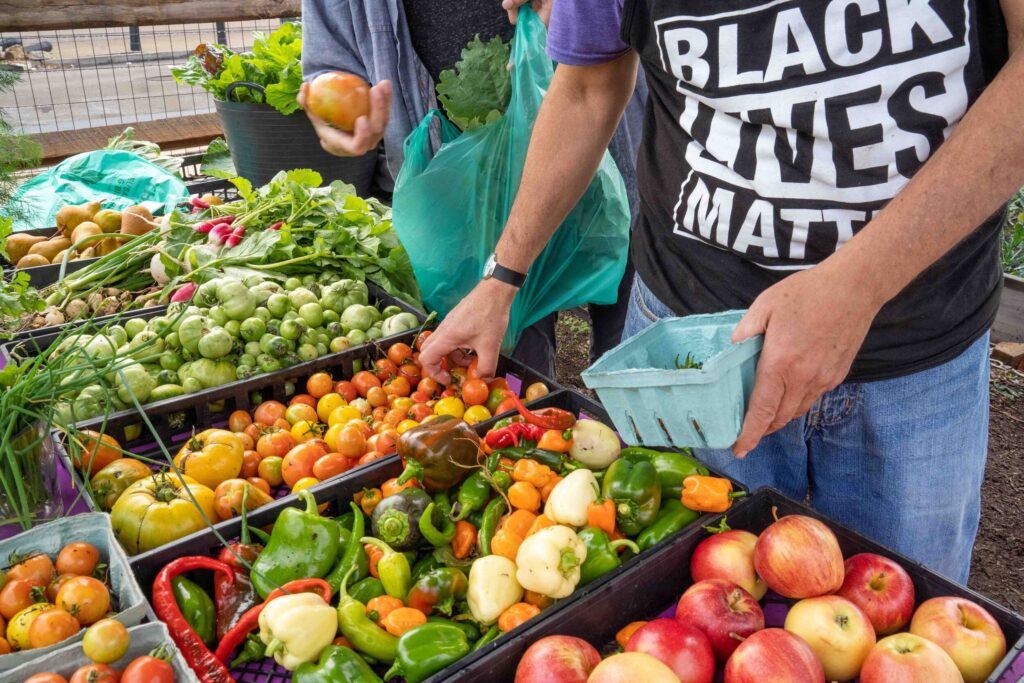
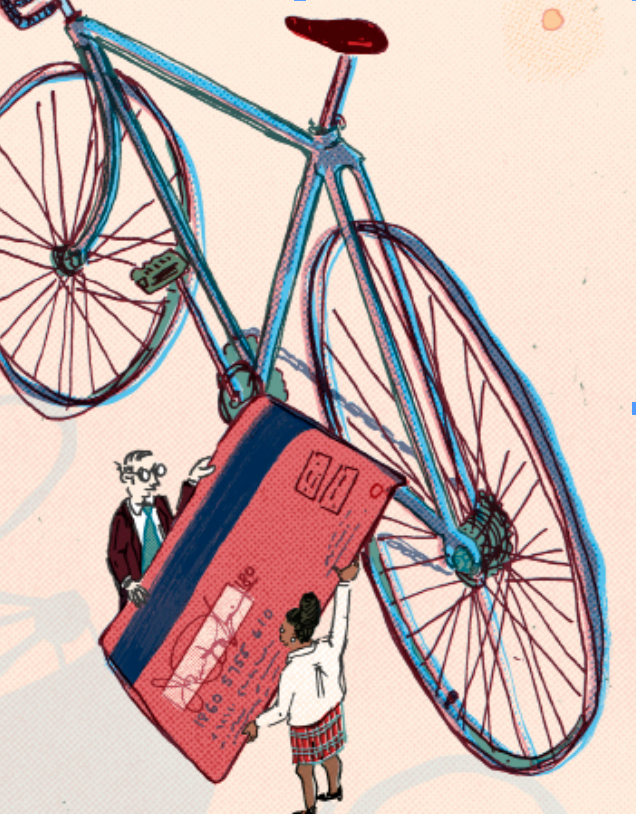
BEing as mindful as you urge is more difficult in city limitations. It is SO hard to minimize use of plastics, even with cloth grocery bags & the like. I used to use only waxed-paper sandwich bags; these are no longer available. Many needed products (light bulbs, pens, vitamins etc) are available ONLY in tightly-sealed plastic. As for buying in bulk, that’s only feasible if one has a car, which I as a retired city-dweller don’t have (and cars are far more environmentally harmful than mass transit). And how can one compost without a yard? As for disposal via donations, most thrift stores are closed due to the coronavirus pandemic. I realize you are writing for a wide spectrum of readers, but it would be comforting to acknowledge the limits many well-intentioned readers confront.
In my experience it’s much easier to live low-impact in the city because you don’t need a car for day-to-day shopping or other tasks.
Why is buying bulk not feasible without a car? If you mean for people who are not well-served by public transit, I understand. But in Center City there is Whole Foods, MOM’s, and Reading Terminal Market. Mariposa Co-Op is near W Philly/U City. There’s the South Philly Food Co-Op, and nearby is the new Good Buy Supply. etc…
Waxed paper sandwich bags can still be bought in town or online. You could also just use folded wax paper for your sandwich, though a non-disposable option (flexible silicon bags or a rigid container) would probably be an upgrade over single-use waxed paper.
This is a wonderful article! It’s given me some new insights on trying to limit waste, and some tips and strategies I can implement now and in the future. We as individuals can indeed take steps to model a lower and zero waste lifestyle, and in time more people and communities will be inspired and educated to make these sustainable and mindful and intentional decisions to change our shared consumer culture, and help support our communities and our shared planet to keep them healthy.